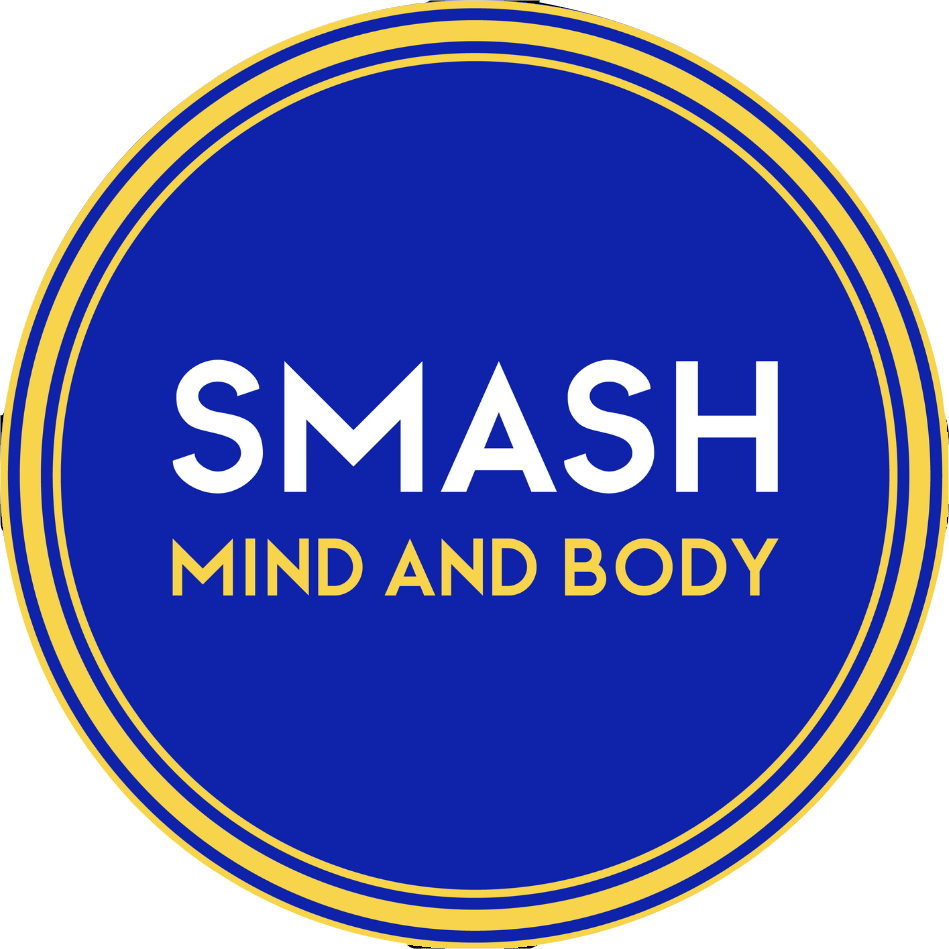Mindful about media...
Good morning all, Sam typing. Hopefully you are enjoying your week.
In today’s email I wanted to touch a little on some of the research I have done as part of my Open University Degree (still ongoing!) – in particular about how much the media can affect many of our decisions, including our food choices.
We have seen it so many times... one newspaper will tell you that red wine will kill you… the next week the same newspaper will tell you that a glass of red wine a day will extend your life! There are so many “diets” on the market, all telling us conflicting information backed up with “research” making it not only believable but also super confusing! One of the exercises my studies allowed me focus on this year is how to judge what is a viable source. Is an article stating “facts” or is it stating facts whilst giving you the opportunity to research for yourself in finer detail. Is what they are claiming to be true based on one single study or by a much bigger study done over a suitable period of time with a suitable number of case studies? Who was the research funded by?
A really good example I had looked into is the 7 countries study by Ancel Keys, who linked together the “fact” that heart disease is more prominent in the countries where saturated fat is consumed on a higher level. He then presented this data to the American government who declared that having a low-fat diet for all is a “healthy” lifestyle to adopt. Since then however, it’s been shown that the study had been done on 22 countries… only the 7 that fit in with his hypothesis made it into his report. External factors such as the increase in smokers and rationing during the war were not accounted for as influencing factors. and since then saturated fat has been proven to not be anywhere near as bad for your health as sugar can be.
Unfortunately, this sort of reporting happens all the time, influencing people of power to spread messages to us consumers without knowing the full story. So how do we judge for ourselves what is correct information? We would hope we have the common sense to see when a claim is poorly researched, however it may not be that easy. My top tips are as follows:
- Ignore headlines – they there to get your attention but on closer inspection, even the article itself may not even back up the headline.
- Check if there are any links or suggestions to look at scientific reports or original research – newspapers and websites tend to cherry pick the information that support their article rather than reporting the full analysis.
- Who was the research funded by? If a company has a vested interest in a particular outcome it is likely that the results will be skewed to ensure that is the only outcome.
- Were case studies used? If 66% of people noticed a difference after taking a particular supplement do we know if it is 66% of 1000 people tested or 66% of 3 people tested?
- Use google! If something seems to good to be true it probably is – do a google search to see if there are further articles saying the same thing and for interest see if you can find evidence saying the opposite! Google Scholar is a really good resource to use linking us to many journals and scientific studies.
A really interesting TED talk is by Ben Goldacre – he highlights the issue of “bad science” in a really easy to understandable way… more related to medicine as opposed to nutrition but the same principles apply, give it a watch https://youtu.be/h4MhbkWJzKk
Obviously we don't expect you to look into every single nutritional claim we have been fed through the years, but being more mindful and inquisitive about what we are told is a good start!
DON'T FORGET - This Saturday is our first ever SMASH Discovery class.
SMASH Discovery will be a 90 minute session that will include a 5 minute positive affirmation based warm up, one of your favourite SMASH classes, a 10 minute mindfulness meditation and a 30 minute workshop that will always be based on strengthening mental health through fun and insightful group sessions
SMASH Discovery - Saturday 14th April, 9am.
Cost - £5 per person (members and non members)
Please let us know if you intend to come and if you are bringing anybody so that we can add you to our guest list!!
Sam & Ashley

